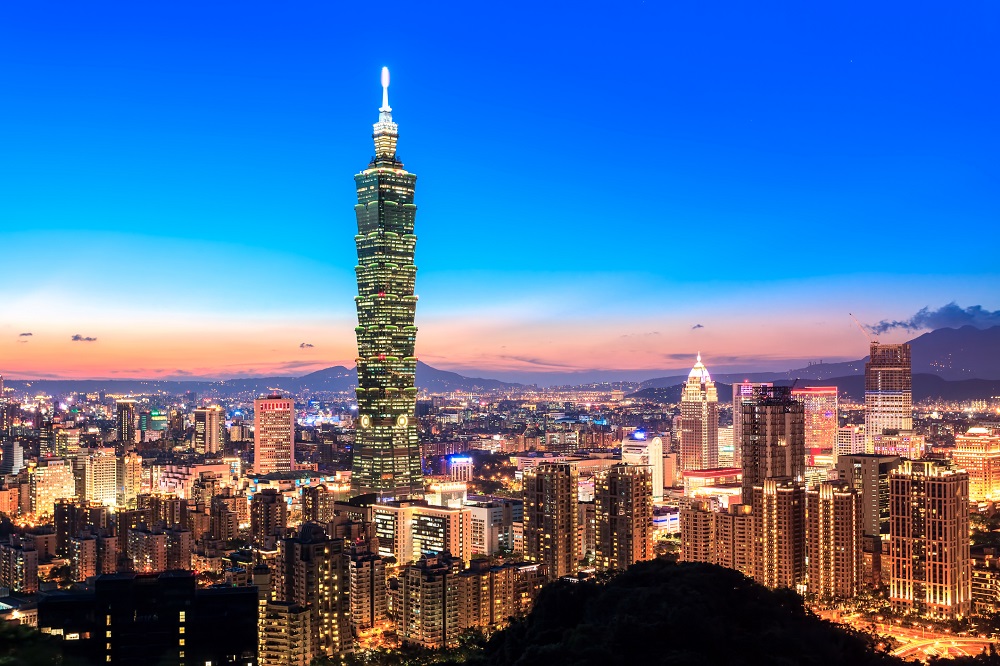SINGAPORE, April 27 — Singapore authorities have submitted a proposal to Taiwan to establish an air travel bubble along with a proposal to mutually recognise vaccination certificates, said Transport Minister Ong Ye Kung on Monday (April 26) during a press conference to announce a new date for the start of Singapore’s air travel bubble with Hong Kong.
“The Taiwanese authorities are studying it and I hope to get a response on that soon,” he said in reply to a question about ongoing discussions with other countries on air travel bubbles.
Last month, Taiwan’s health minister Chen Shih-chung said that discussions had begun between both sides.
Chen was quoted saying that Singapore was keen for Taiwan to match the current arrangement which allows incoming travellers from Taiwan to skip the two-week stay-home notice when visiting.
Ong on Monday added that Singapore would also like to establish air travel bubbles with Australia, New Zealand, Brunei and mainland China.
Like Taiwan, travellers from these places currently do not need to serve the mandatory two-week stay-home notice upon arrival.
Instead, they are required to take a Covid-19 test when they arrive and self-isolate at their accommodation while waiting for the results under the Air Travel Pass arrangement.
“So far, there is no evidence suggesting that travelling into Singapore by these travellers have led to any community cases. So these are the natural partners that we would like to have air travel bubbles with,” said Ong.
However, he added that “start-stop” situations where air travel bubbles are launched and then suspended again due to a rise in Covid-19 cases will be the norm for air travel bubbles, including Singapore’s upcoming one with Hong Kong.
He was responding to a question on whether it is a good time to launch such a bubble especially when New Zealand had suspended its travel bubble with the state of Western Australia several days after its launch of a travel bubble with Australia.
“You can’t say for sure that everything will be smooth sailing,” said Ong.
“Even in New Zealand and Australia, at the point of launching the bubble, both governments also told their populations that ups and downs are to be expected. I think that is the nature of this pandemic.”
He pointed out that Singapore and Hong Kong have gone through the same and both sides will wait a month before launching the bubble.
The air travel bubble arrangement has been postponed since November last year due to a resurgence in Covid-19 cases in Hong Kong.
The latest iteration of the arrangement imposes stricter conditions on travellers. For instance, travellers who have served a stay-home notice or quarantine after returning from overseas two weeks before their departure to Hong Kong or Singapore are no longer eligible to travel.
Another new requirement when the bubble starts is that travellers from Hong Kong must be vaccinated before travelling to Singapore.
On why travellers from Singapore are not subject to the same requirement, Ong said that this was because Singapore has had “quite a good response” to its vaccination programme which began in January this year.
“As for the Hong Kong side, I suppose they wanted an extra incentive for people to get vaccinated. So they have the additional requirement,” he said.
According to Bloomberg’s Covid-19 Vaccine Tracker, about 11 per cent of Hong Kong residents have received at least one dose of the vaccine so far which is less than half the rate in Singapore.
“But most important is not whether you are vaccinated or not. The most important is that your partner city, country or region is a safe place…and in this case, Hong Kong is one that meets that criterion,” said Ong.
Asked if a Covid-19 outbreak in migrant worker dormitories would be a determinant in the suspension of the bubble, Ong replied that it would not.
Unlinked community case, he said, was a more “severe” factor.
Concerns about another dormitory outbreak emerged recently after 19 workers at Westlite Woodlands dormitory tested positive for Covid-19 last week.
Ong pointed out that dormitory residents are unable to move around in the larger community and are subject to a regular Covid-19 testing system which allows the authorities to pick up positive cases early.
“And usually, once we detect a case in the dormitory, we will lock down the dorm whereas community unlinked cases are more severe cases.
“We don’t know where they get infected and they’ve been moving around the community. So the risk profile is much higher than the risk profile of someone in the dorm,” he added.
Travel restrictions for India solely aimed at reducing risk of infection
Turning to the issue of border restrictions, Ong said that the recent travel restrictions imposed on travellers from India are not targeted at Indian nationals but are aimed at reducing the risk of infection.
He was responding to a question on whether arrangements for air travel bubbles will be tightened to prevent travellers from certain countries bypassing border restrictions imposed by Singapore.
Last Thursday, the Singapore authorities said that it would bar entry to long-term visa holders and short-term visitors with a recent travel history to India, which has seen a resurgence in Covid-19 cases.
Media reports later emerged of Indian nationals trying to reach Singapore through other countries.
Ong said that if someone moved from a high risk Covid-19 country to a low risk one and stayed there for some time before coming to Singapore, the risk of infection is lowered “tremendously”.
“You may be from another country, but once you stay in a new country for a while, you assume a new risk profile,” said Ong.
If the policy is to target Indian nationals, then “something is wrong”, he added. — TODAY






















